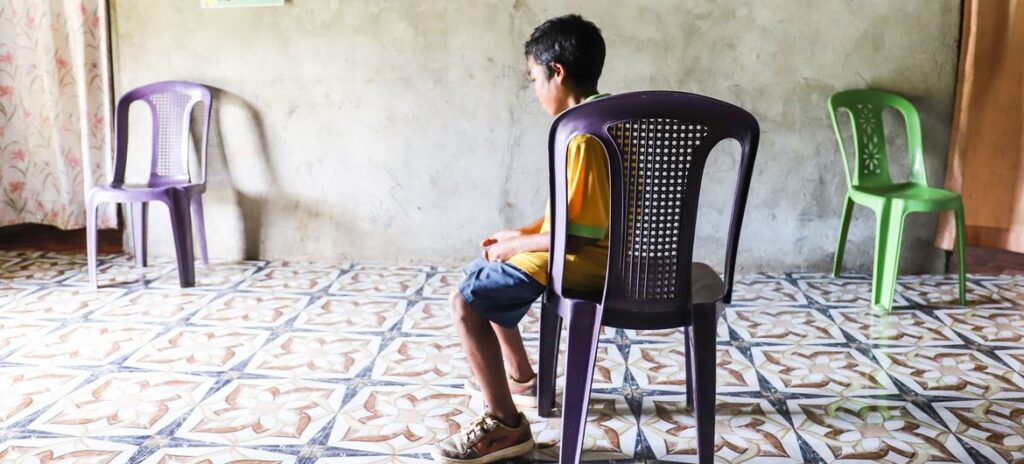
In addition, a third of mental health problems arise before the age of 14 and half before the age of 18.
Previously published World Mental Health Daycelebrated annually on October 10, the report aims to support the transformation of mental health care for children and adolescents.
It underlines the importance of early action as a key ingredient to enable children and young people to achieve their full potential.
Inaccessibility of mental health care
Despite the need for actionaccess to services remains largely inaccessible.
Most young people with mental health conditions do not access care due to systemic barriers such as low availability of services, unaffordable costs and stigma that prevent them from seeking help.
While public funding and human resources for services are generally low globally, they are particularly unavailable for children and adolescents, especially in low- and middle-income countries.
“We must take action to ensure that evidence-based and age-appropriate interventions are available and affordable for all,” says Dévora Kestel, director of mental health, brain health and substance use at the World Health Organization (WHO).
“Every country, regardless of circumstances, can do something to significantly improve the mental health of its childrenyoung people and their families,” she added.
Community-based model
The report states that supporting the mental health of children and teens should be a collective effort. While there is no one best model, it provides examples from around the world that show what can be achieved in different environments.
“The mental health and well-being of children, adolescents and their families cannot be addressed in isolation. We need to integrate health, education, social protection and community support systems to build a comprehensive network of mental health services for young people,” said Fouzia Shafique, Associate Director of Health at UNICEF.
The report also draws attention to the millions of children with mental health problems worldwide who are institutionalized despite having existing families, arguing that this practice violates their human rights and leads to poor health and social outcomes.
Abolish phased institutional care
It calls for the gradual elimination of institutional care in favor of community-based services that enable children to grow in their families and communities, ensuring continuity in their education, social relationships and overall development.
“It is our collective responsibility to prioritize their mental health as part of the overall well-being of children and adolescents,” said Ms. Shafique.







